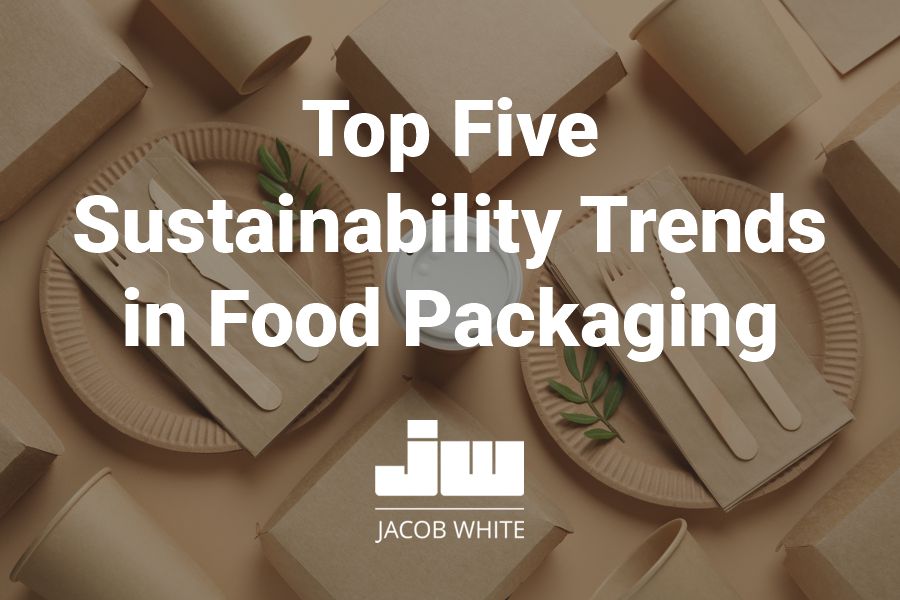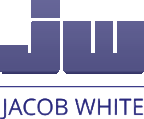Top Five Sustainability Trends in Food Packaging

Sustainability is a topic that isn’t going away this year. Following both consumer demand and necessary future-proofing, food packaging providers are creating sustainability trends across the industry. Here are our top five ‘picks’ in no particular order.
• Increased Recycling
• Compostable and Biodegradable Packaging
• Anti-Contamination Packaging and Processes
• Automating the Packaging Line
• Reducing Energy Consumption
Increasing the Recyclability of Food Packaging Material
It is an unfortunate fact that, at the current time, many of our food packaging materials are not as recyclable as we would like them to be. This is largely down to understandably high food hygiene standards and necessary additions to packaging. Laminated layers, for instance, which are there to protect food products, often render the packaging unrecyclable.
One trending solution is the idea of a move to mono-materials that can be fully recycled. This is a trend to watch with interest this year, as it is expected to drive development in areas such as paper and cards. While traditional paper packaging struggles to meet the standards for food, innovation is accelerating with other organic materials, such as bamboo, hemp, and cotton paper.
Compostable and Biodegradable Packaging
One step further than recycling and a growing, if somewhat still niche sustainability trend is the development of compostable and biodegradable packaging materials. These are designed to break down quickly and naturally in soil or landfill and be kinder to the environment as a result.
Development in this sector has been primarily consumer-driven and taken up by the bigger brands so far. This is because it is a relatively new and still-expensive packaging concept.
Anti-Contamination Packaging and Processes
Anti-contamination has been a high-priority topic in the food packaging business for many years. This has led to a variety of innovative developments from the materials to the packaging processes to minimise potential contamination.
Anti-microbial packaging
From the developmental stages, anti-microbial packaging addresses inhibiting the growth of micro-organisms and preventing micro-contamination. Anti-microbial agents are introduced to the packaging with an aim to improve food quality by reducing pathogen growth within the food itself. While a trending concept, anti-microbial packaging is not without opposition and will be interesting to watch this year.
Minimising microplastic contamination
Microplastics are among the most controversial elements of the food and wider packaging industry today. The development of alternatives has become a top priority to protect waterways and the ocean from contamination. Bioplastics are an exciting and fast-developing trend to watch this year as the industry approaches packaging materials in innovative ways.
Minimising human contact
In the food packaging industry, standards are necessarily high, and reducing human contact is a top anti-contamination process. With regulations changing often, particularly driven in the last two years of Covid-19, automation on the food packaging line has been one of the hottest trends.
Automating the Packaging Line
Automating the food packaging line is a sustainability trend that also ticks boxes for businesses looking to future proof. The latest food packaging machines can handle multiple speeds and sizes to ensure the flexibility needed and can adapt to a wider range of packaging materials.
Automation also offers better resource management on the ground and increases quality control, which can also help improve anti-contamination processes. Many manufacturers that have followed this growing trend have been realising the benefits from extending shift patterns to accelerating output and much in between.
Reducing Energy Consumption
Energy consumption and reducing an operational carbon footprint has been a sustainability goal for the packaging industry. Driven in part by spiralling operational costs and rising legislation, food packagers and distributors are moving towards streamlining to address energy consumption.
Again, automation is bringing wider benefits to operations of all sizes with the latest food packaging machinery. Using faster, technologically advanced machines can both extend the operating time and accelerate output while keeping energy consumption within manageable limits.
Talk to us
Jacob White food packaging machines are designed for our clients with sustainability and future-proofing at the forefront. We work with you to ensure that your packaging line meets your needs and requirements, ticks regulatory boxes, and gives you the flexibility to take a sustainable approach to operations.
Whether you need machines for packaging baked, dried, fresh or frozen foods in tins, bags, pouches or bottles, our machines offer you sustainable, cost-effective solutions. Talk to us today.

